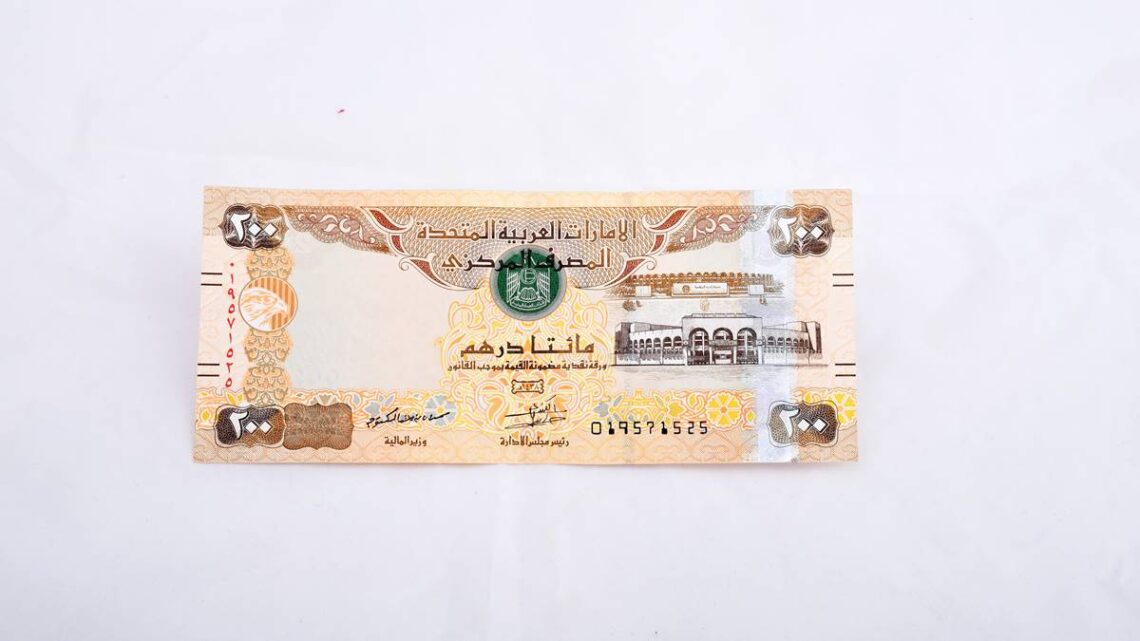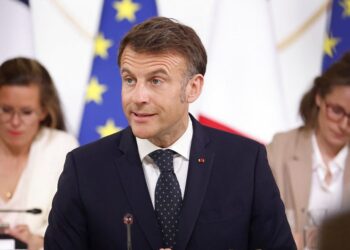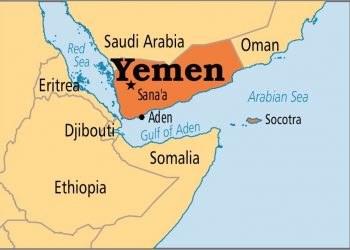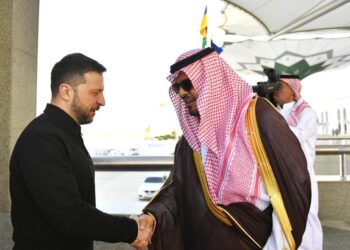The money remittance landscape is undergoing increased competition, as highlighted by experts at the Banking, Innovation, and Technology (BIT) event organized by Khaleej Times. Onur Kursun from Mastercard predicts that this heightened competition could lead to cost reductions or enhanced services for expatriates in the UAE. The consensus among industry insiders is that competition is ultimately advantageous for consumers, fostering a win-win situation through improved rates and services.
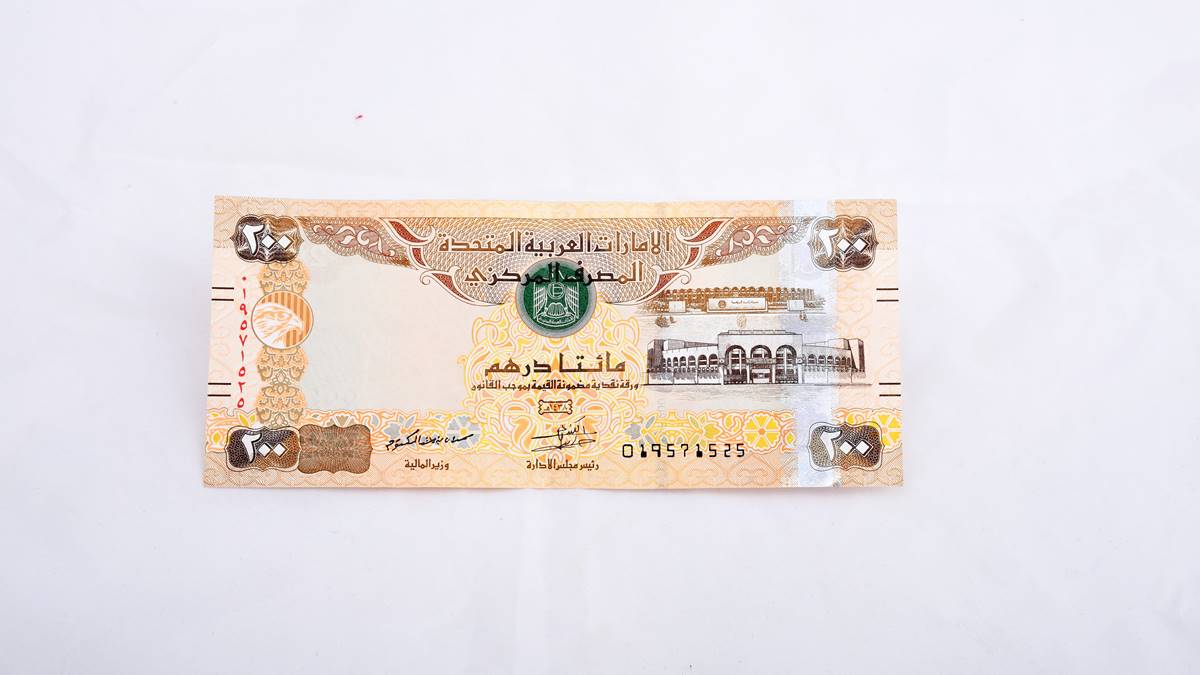
Amidst the competitive environment, Mohammed Bitar, Deputy CEO of Al Ansari Financial, emphasized the imperative for exchange houses to innovate or face challenges. He pointed out that while the GCC contributes to 25% of global remittances, the UAE stands as the second-largest market for sending money abroad. However, unprecedented regulatory measures have complicated the market, increasing the cost of service provision. In this context, innovation becomes a crucial factor in maintaining the financial viability of exchange houses that often operate on thin profit margins.
Regulations have played a role in reshaping the industry, with over 140 licensed exchange houses in the UAE in 2017 reduced to 81 due to the evolving regulatory landscape, according to Mohammed Bitar. Rajesh GK from Higher Ground Consultancy acknowledged that these regulations have brought about increased clarity in the market, with exchanges now operating through strategic partnerships. This mature model of working allows exchange houses to explore various markets and navigate the complexities introduced by regulations.
The event also delved into the role of technology in the remittance sector. Hasan Jaber from Al Fardan Exchange shared insights into the challenges of implementing technology in customer service, emphasizing the importance of multilingual communication for a diverse population. Despite the UAE’s tech-savvy demographic, there are still hurdles to overcome in adopting fully automated or digitized services. Mohammed Bitar highlighted global figures indicating that only 1% of the $645 billion worth of remittances is done digitally, with the UAE slightly ahead at 11%, indicating substantial room for further advancements in automation and digitization.
Read more: IT-Delhi Abu Dhabi Announces New Master Program.
Follow INCPAK on Facebook / (X) Twitter / Instagram for updates.
